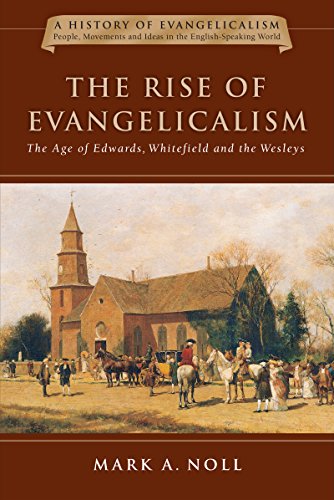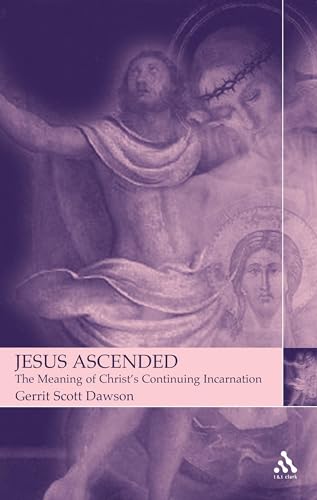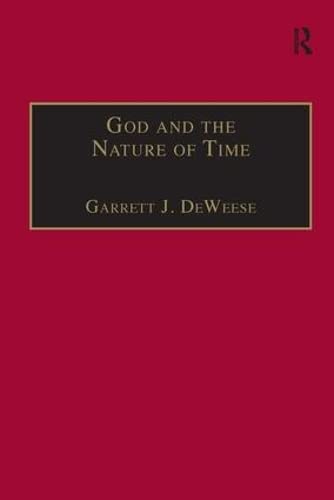A FEMINIST COMPANION TO THE ACTS OF THE APOSTLES
Written by Amy-Jill Levine with Marianne Blickenstaff (Eds) Reviewed By Robin Gallaher BranchAmy-Jill Levine begins this collection of 13 essays by mentioning that Tabitha is the only woman called a disciple (Acts 9:36) (1). Tabitha’s biblical reference, often overlooked or unknown by scholars and the public, sets the tone for the work that follows.
A Feminist Companion presents a highly selective look at women and gender-related issues in Acts, some essays broaden its scope to Luke-Acts. A surprise omission, however, is any in-depth investigation of Priscilla, surely a highly significant person in Acts and the Early Church.
Levine writes that the contributions range from explicitly feminist approaches to those who offer approaches feminists ‘should continue to consider’ (1–2). She provides a synopsis of each essay, twelve of which look at specific issues in Acts. The 15 contributors include two residing outside the United States and six men.
Musimbi Kanyoro’s essay. ‘Thinking Mission in Africa’. takes the biblical mandate of mission given in Acts to all believers and asserts that black Africans today are called to be missionaries, too.
Janice Capel Anderson in ‘Reading Tabitha. A Feminist Reception History’ provides a selection of opinions on Tabitha from Chrysostom to Calvin. Julia Foote, and others. She sees Tabitha’s resuscitation as emphasising the Holy Spirit’s power. Anderson favours Calvin, noting that Tabitha and Peter both are subordinated to God and his purposes.
Beverly Roberts Gaventa in ‘What Ever Happened to Those Prophesying Daughters?’ tackles the fact that Luke records no words of prophecy from Philips’ four unmarried daughters Acknowledging the silence, she differs from those who say Luke deliberately mutes women because he fear repercussions from outsiders who associate female leadership with exotic Eastern cults. Instead, the notes another silence: the deacons disappear without trace after their commissioning (Act. 6:1–7). ‘So intent is Luke on narrating God’s history with these people, that he interest in the people as such is slight Gaventa writes (60) This, to me, seems a reasoned approach, consistent with the genre of biblical narration in both testaments. Gaventa wisely cautions against reading a gender-bias into the text that is not there.
Shelly Matthews, writing on ‘Elite women, public Religion, and Christian Propaganda in Acts 16’, maintains the Lydia, the Thyatira businesswoman, and the manic slave girl whom Paul meets it Philippi draw on the motif of elite women as mediators between a religious movement and larger culture Matthews sees the manic slave girl as one who is in the service of a competing religious movement, and Lydia as a creation of Luke that shows a church unencumbered by conflict. Matthews sees their stories as restrictive of values and ‘not liberating when taken at face value’ (133).
Jeffrey L. Staley looks at Acts 16:6–40 differently. He argues that Lydia and the pythonic slave girl function as ‘border women’, women whose presence evokes a colonialist ‘land possession type-scene’ similar to those of Rahab (Josh. 2) and the Syrophonecian woman of Mark 7 (177). He reads Acts 16 through his memories of a colonialist childhood on a Navajo Indian Reservation in the United States. He sees Acts as carefully disguising the gospel’s colonialist efforts. He sees Paul as an ideological colonizer. He sees Lydia as a good woman who welcomes Paul the conqueror and the evil slave girl as one who challenges Paul the conqueror and the evil slave girl as one who challenges Paul and is silenced forever.
James M. Arlandson looks at the lifestyle of rich Christian women in Luke-Acts. He finds that Luke’s silence concerning the details and social privileges of newly converted women was not meant to oppress and restrict them. Mary, introduced in Acts 12:12–17 in the context of Herod’s persecution, may have been a wealthy landowner; it is reasonable to assume she had a large house because many came to it. Luke doesn’t elaborate on her because ‘Luke could trust his audience to recognize Mary’s status, wealth, and hospitality based on their own personal knowledge of the actions and responsibilities of the elite’, says Arlandson (169–70).
A Feminist Companion offers insights from both traditional evangelical and other ways of seeing the text. It is a fine resource for continuing studies on the book of Acts and the Early Church.
Robin Gallaher Branch
Sterling College, Sterling, Kansas







